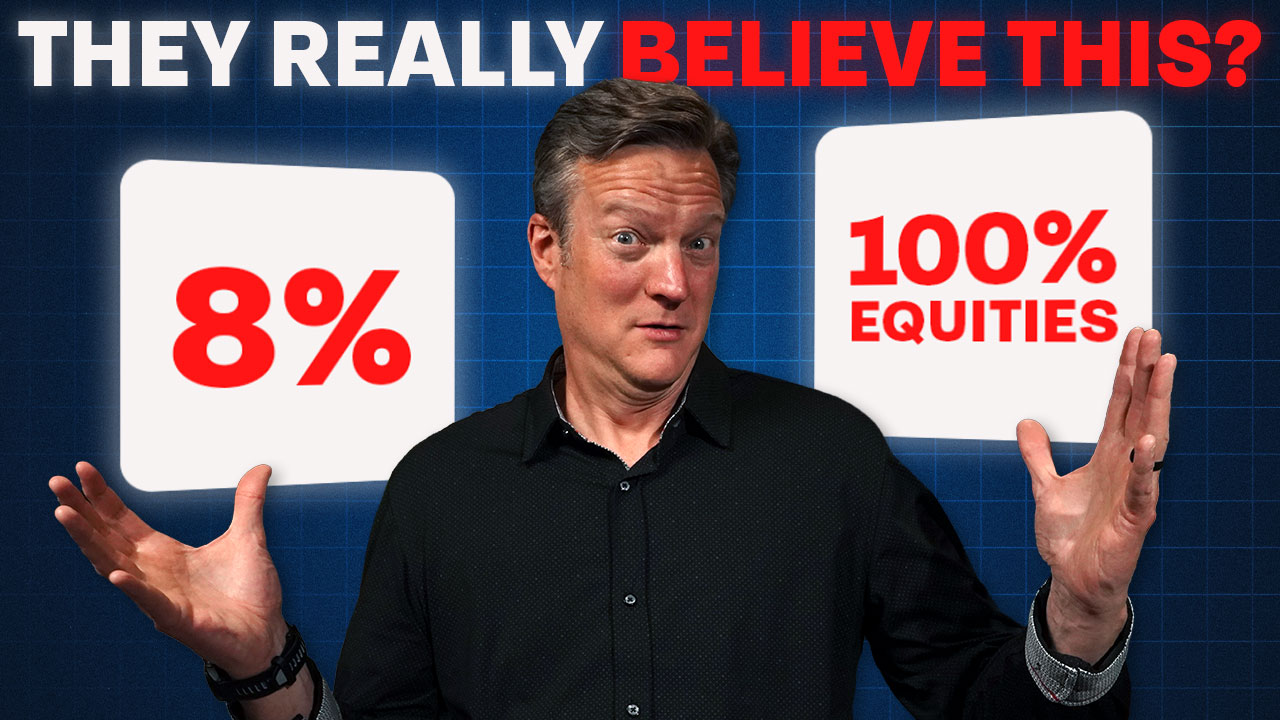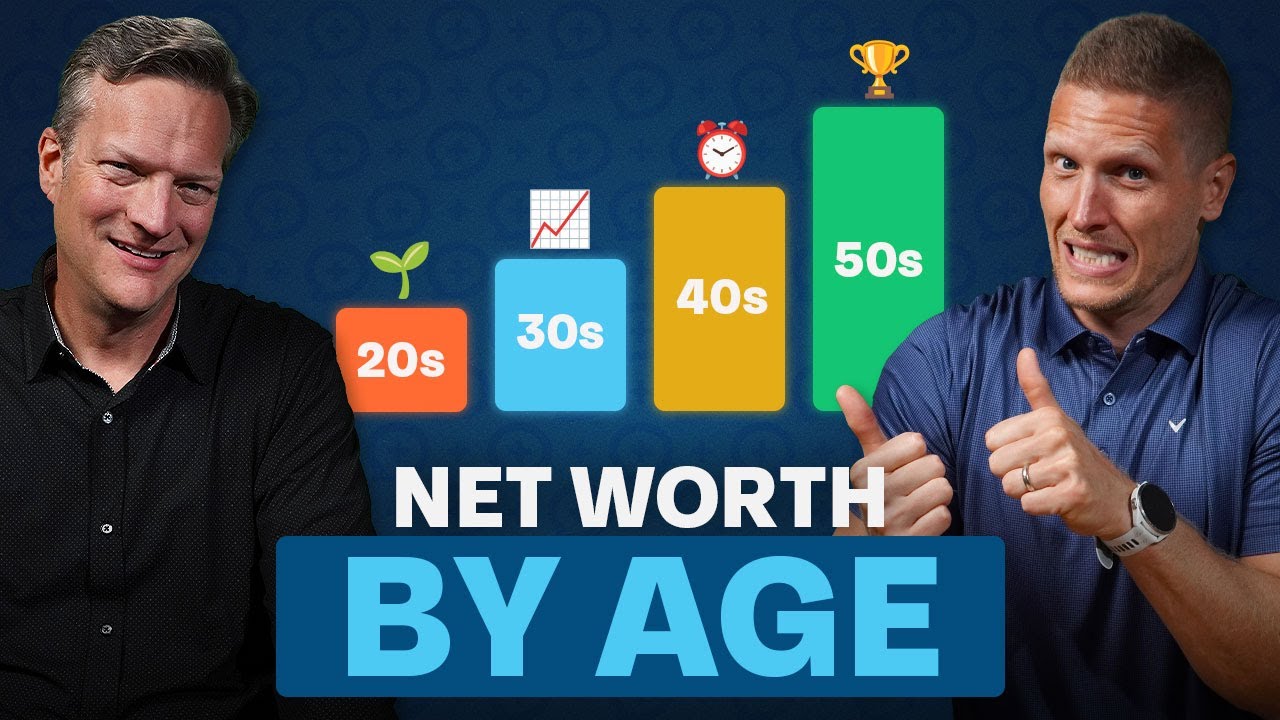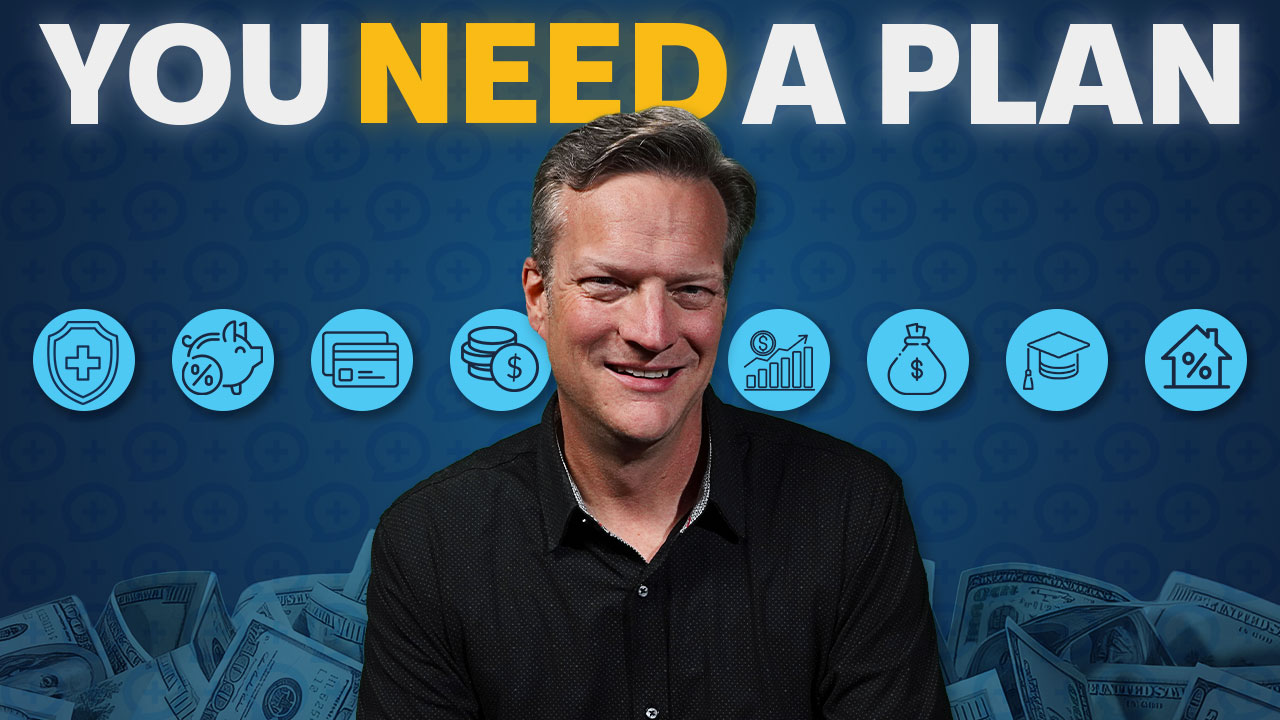Let's jump into lesson two: discomfort can fuel success. Yeah, this is an interesting one because I know for me, growing up, there wasn't a backstop. I had to operate, and I think you said the same thing, that I had to recognize that the difficult situation I was in, there wasn't necessarily a safety net. There wasn't something there that was going to catch me. So, the discomfort of being in that situation and wanting to get out of that situation was fuel for me not to screw things up. And I think you said you had a very similar experience. There's a reason you kept working hard to continue moving forward, right?
Yeah, I found that growing up broke can actually be the glue for perseverance, meaning that you know that there's no other way out of this, so you stick with it longer than somebody who probably comes from means might have a little easier opportunity and might just give it up. You know, because why stick with this? Also, I'll share later, because I know I want to lean into some of your background stories, but I found fear to be an extremely powerful motivator. To keep doing things that you don't really want to be doing. And that's a big part of success: doing things that you don't want to do.
As a young kid, I knew that where I was was not where I wanted to stay, but there was no one behind me pushing me in that direction. If I didn't do my homework, there was no one checking my book bag to make sure my homework got done. If I would have gotten in trouble at school and had to go to the principal's office, there was no parent that was going to sit in the principal's office to either defend me or bail me out. So, I recognized that I better do what I'm supposed to do the way I'm supposed to do it because it's kind of all on me.
One of the natural consequences of doing that is I started being given a little more freedom. I was given more leadership opportunities on sports teams and academically. I was able to choose a different route to go because I was able to excel early on. Then I started getting motivated by that positive affirmation. This idea of, "Oh man, if I put in that little bit extra, if I make slightly better grades, if I work a little bit harder, if I practice a little bit more," it allowed me to continue to be a positive reinforcement. So, I had these two dual things happening: the positive reinforcement of the fruits of my labor working and also this very realization that if I don't do this, if I do not succeed, it's not going to work. It's up to me to make sure that I don't fall into some of the traps that some of my peers or other family members fell into.
I love that because essentially the buck stopped with you on everything, and that leads to – you know, the whole thing, discomfort can fuel success. I know for me, when I started my first business, I made some mistakes in the beginning. I had super clean financial statements because I had the skill set of being an accountant and a CPA background, so that was what was comfortable and easy. But then I realized that what was actually going to feed my family was I had to go get clients. For me, I know I come off as outgoing to you guys, but most people, I still have the trappings of a CPA. There's some shyness with me. I don't like to go out there and glad-hand with a lot of people. I definitely don't want to cold call. I don't want to go solicit and try to do sales. But when you're broke, you get hungry, and fear can be a very powerful motivator. It led me to do all the uncomfortable stuff that I didn't want to do. I would go to neighborhood or community events, do all the uncomfortable stuff of meeting people, telling them what I did for a living, even though I hated the ickiness of feeling like a salesman. But it was what was going to pay the bills. I look at that as if I wasn't broke, I probably would have bailed out of some of those behaviors much sooner. I couldn't fail. I just knew that it was back to your – you had no backstop, so the buck stops with you, and you either figure out how to make it happen, or you fall off into failure. That was just something that I think the perseverance of the situation, I really do attribute it to that. I had no other option. It was like "ride or die" was what was going to happen. So, that's what our takeaway is. I would encourage people: challenge yourself through discomfort, because I talk about the incremental changes, that a small decision today can have dramatic impacts on your long-term success and help you create that great, beautiful tomorrow. I don't want people to get so comfortable that you avoid taking any action or procrastinate because I think that's another part of the human condition.
You don't want to be absolutely riddled with fear, but a healthy amount of fear can be motivating. I mean, you said this, Brian, when you started your business, it was, "Hey, if I do not generate revenue, my family does not eat." That is a fear, but that's a positive motivational fear. So, figure out what are the things and where should that fear exist, and how can you repackage it to be something that moves you in the right direction, not something that causes you to be constantly anxious and afraid, but also not be, as you said, so comfortable and so content that you don't actually make those small changes, that you don't actually make those little tweaks that can have huge, lasting impacts.
Well, I feel like a lot of people focus only on what they're good at, but you've got to go flex, work out those muscles that you're not so good at initially so they can actually get stronger. And that's the big thing that I think we always lean into what's easy, what we're good at, but you might need to lean into the stuff that's hard so you can become a better version of yourself in the future. I also found that realizing that if I was going to build my dreams, I had to pick myself up and make it happen. Adding, and this is something I tell now that I've tried to do with my family, is now that I have resources and I've seen the struggles of families that we work with that have resources, I've tried to add a lot of scarcity in my kids' life on things. I don't want to rob my children of the "aha" moment or the hunger for certain things in life. So, my oldest daughter, I made her pay for half of her first car. Love it. She, you know, yes, so that means her car, and this is something I've debated, but I just kind of smile when I talk to my neighbors. It's true that now the latest and greatest cars have some safety protocols that would make the car safer. But I wanted the life experience to hopefully make her safer or more skilled in how to navigate life. So, yeah, she drove a clunker, essentially, you know, a 12- to 14-year-old car that cost four or $5,000. You know, this is pre-2020, so bear with me on that. But it is important to build those scarcity moments. Also, because what does "The Millionaire Next Door" talk about? Try to keep economic outpatient care, meaning giving money to your adult children, to a minimum because if they don't learn how to do things themselves, they're going to struggle. I think, Brian, you would agree with this statement that for us, growing up, scarcity was a given. It wasn't a choice that we had to make; it was just natural. We did not have things, and in this circumstance of life, we have to create scarcity for our kids. My kids are significantly younger than yours. I have to remind them constantly, "No, you didn't take care of that thing. We're not just going to go buy another one. You did not take care of it. Now you can't have that thing," even though we could afford to go replace it. They need to learn that skill set. They need to have that "aha" moment that if I work for something, then I can have something, and if I want to keep something, I need to take care of that thing. These are lessons that the earlier you can instill them in your kids, the more likely they are not to become part of that statistic that says, "Okay, 70% burns through it, then 90% burns through it." If they can learn it very early on, there's a really good chance that you're going to set them up for better long-term lifetime success. For more information, check out our
free resources.











